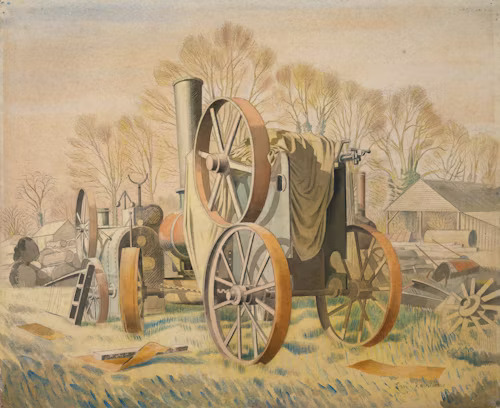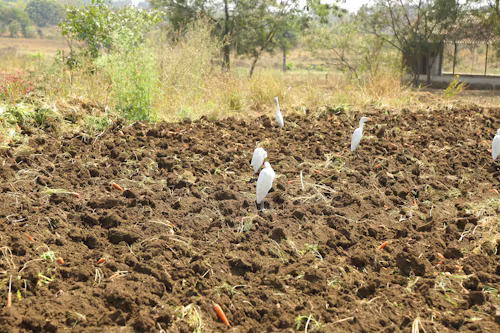Why Are We Here?
Looking further ahead

Sustainable, accountable, and cohesive agricultural research demands civic engagement, in order to most effectively use public funds and apply study methodologies. Our work is intended to hedge against the oft-stated pitfalls of "research conducted inside a professional science culture" becoming "celibate through isolation from the realities of life."
Focal Points
Key targets of agricultural study
- Case studies from public funded research
- Tracking stakeholder participation
- Proposals for research programs
- Avenues for diverse constituencies
- Public sector endorsements
What People Are Saying
And a final subheading about our clients
-

"[T]he liberal and practical education of the industrial classes"
Morrill Act, U.S. Congress 1862 -

Ensuring "agriculture a position in research equal to that of industry, which will aid in maintaining an equitable balance between agriculture and other segments of the economy"
Hatch Act, U.S. Congress 1887 -

"[The] diffusing among people…[of] useful and practical information on subjects relating to agriculture and home economics, and [encouraging] the application of the same."
Smith-Lever Act, U.S. Congress 1914




